Herbert A. Magidson was an American popular lyricist. His work was used in over 23 films and four Broadway revues. He won the first Academy Award for Best Original Song in 1934.
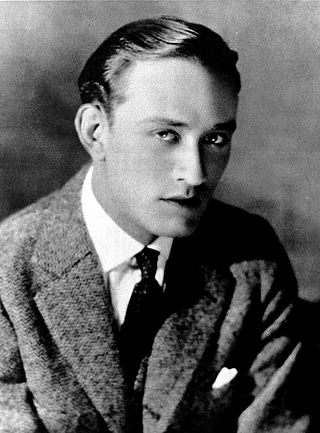
John Conrad Nagel was an American film, stage, television and radio actor. He was considered a famous matinée idol and leading man of the 1920s and 1930s. He was given an Academy Honorary Award in 1940 and three stars on the Hollywood Walk of Fame in 1960.

John Francis Seitz, A.S.C. was an American cinematographer and inventor.
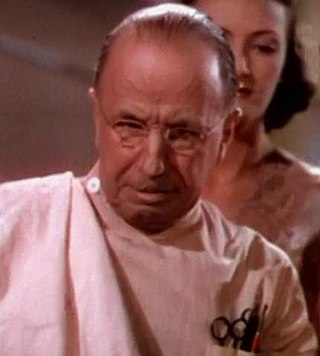
Arthur Hoyt was an American film character actor who appeared in more than 275 films in his 34-year film career, about a third of them silent films.

Nobert Brodine, also credited as Norbert F. Brodin and Norbert Brodin, was a film cinematographer. The Saint Joseph, Missouri-born cameraman worked on over 100 films in his career before retiring from film making in 1953, at which time he worked exclusively in television until 1960.

Adrian Adolph Greenburg, widely known as Adrian, was an American costume designer whose most famous costumes were for The Wizard of Oz and hundreds of Metro-Goldwyn-Mayer films between 1928 and 1941. He was usually credited onscreen with the phrase "Gowns by Adrian". Early in his career he chose the professional name Gilbert Adrian, a combination of his father's forename and his own.

Robert Zigler Leonard was an American film director, actor, producer, and screenwriter.

Rowland Vance Lee was an American film director, actor, writer, and producer.

Mark Sandrich was an American film director, writer, and producer.

Holmes Herbert was an English character actor who appeared in Hollywood films from 1915 to 1952, often as a British gentleman.

Philip E. Rosen was an American film director and cinematographer. He directed more than 140 films between 1915 and 1949.
William Hamilton was an American film editor whose career spanned three decades. His credits include Cimarron (1931), Morning Glory (1933), The Gay Divorcee (1934), Roberta (1935), Top Hat (1935), Stage Door (1937), The Hunchback of Notre Dame (1939) and Suspicion (1941).
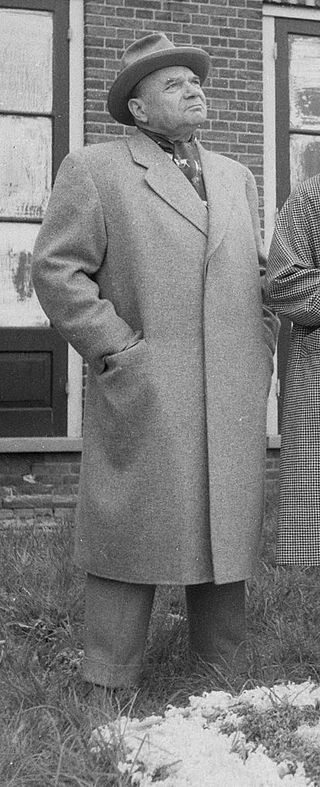
Georg Jacoby was a German film director and screenwriter.
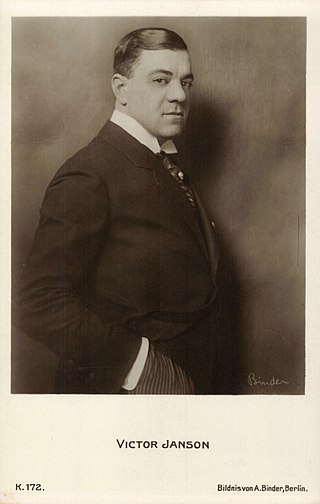
Victor Arthur Eduard Janson was a German stage and film actor and film director of Latvian ethnicity.
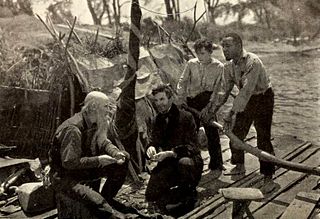
George H. Reed was an American actor working in the Hollywood film industry in both the silent and sound eras. His first major film was the 1920 Huckleberry Finn where he played Jim. He is also remembered for the film The Green Pastures (1936), which featured an all–African American cast, and the orderly Conover in MGM's Dr. Kildare series.

RichardRobert Elliott was an American character actor who appeared in 102 Hollywood films and television shows from 1916 to 1951.
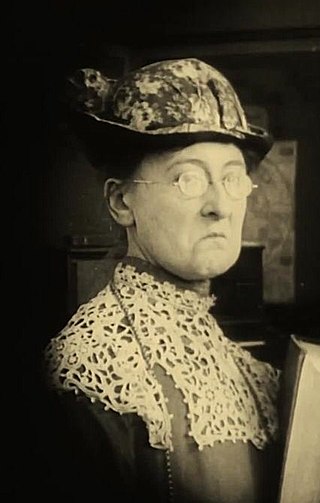
Nora Cecil was an English-born American actress whose 30-year career spanned both the silent and sound film eras.

Aafa Film or Aafa-Film was a German film production and distribution company which operated during the 1920s and 1930s. Established in 1920 as Radio-Film the company was controlled by the producer Gabriel Levy and the director Rudolf Dworsky. The company was one of the leading producers of the Weimar Republic, and survived the transition from silent to sound film in 1929. It made the first German full sound film It's You I Have Loved that year. During the early 1930s Aafa produced a number of mountain films directed by Arnold Fanck. It also made a multi-language version musical Lieutenant, Were You Once a Hussar? (1930).
Oliver T. Marsh was a prolific Hollywood cinematographer. He worked on over eighty films just for Metro-Goldwyn-Mayer alone.
















